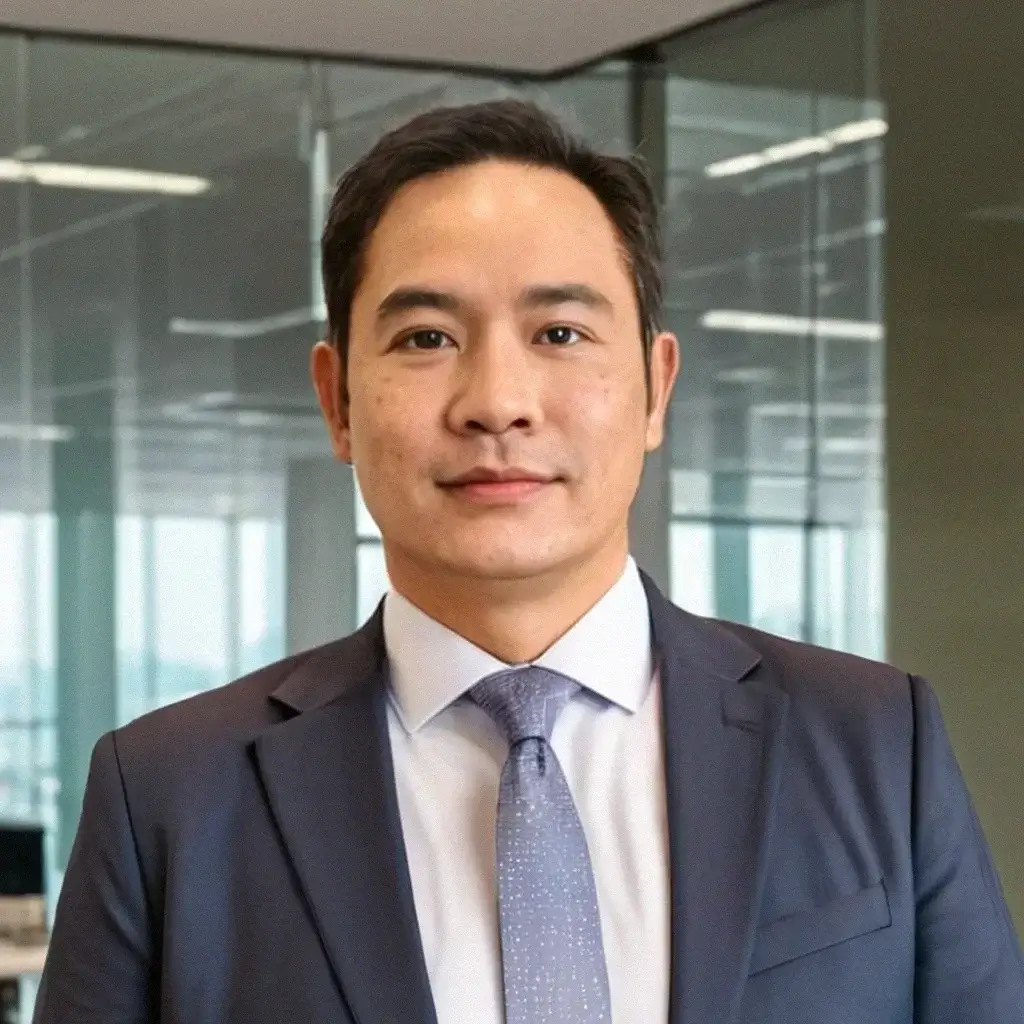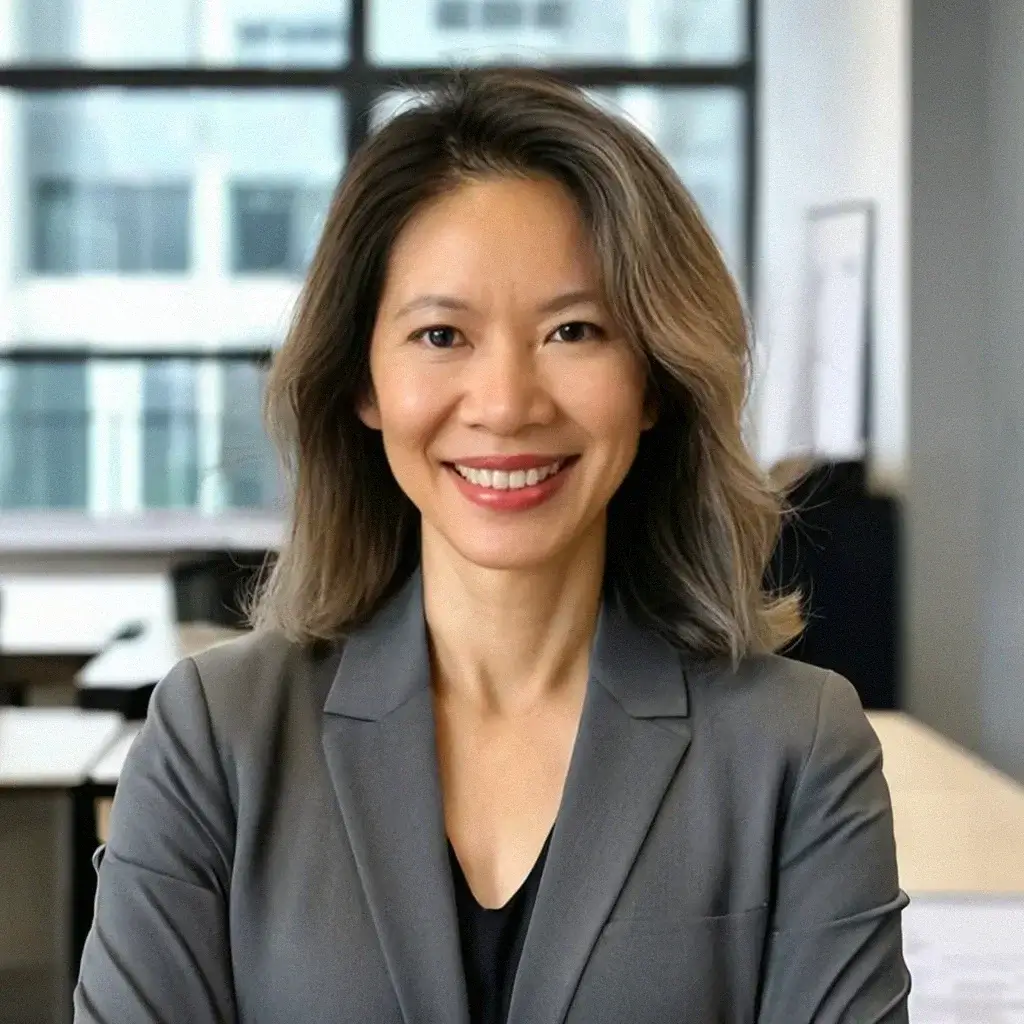Home › Singapore Lawyers
Learn more about Lawyers in Singapore
Navigating Singapore’s legal landscape requires trusted legal expertise to ensure full compliance and safeguard your business interests. Whether you are setting up a company, drafting commercial contracts, resolving disputes, managing employment issues, or protecting your intellectual property, having an experienced lawyer in Singapore is vital. Singapore’s legal system is known for its transparency and strong rule of law, but evolving regulations and industry-specific compliance can still pose challenges for both local and foreign businesses. From incorporation and cross-border transactions to regulatory filings and litigation support, legal guidance is essential for smooth and compliant operations. At Themis Partner, our experienced legal team offers end-to-end legal services tailored to your needs supporting entrepreneurs, SMEs, and multinational corporations with professional advice and strategic solutions. Contact us today to see how we can help your business thrive in Singapore’s legal environment.
Table of contents
-
How can a lawyer in Singapore assist with company registration and structuring?
-
What legal services do corporate lawyers in Singapore offer to startups and SMEs?
-
How can businesses in Singapore resolve commercial disputes effectively?
-
What are the essential contract laws every business in Singapore should know?
-
How do intellectual property lawyers in Singapore protect your brand and inventions?
-
What employment law issues can lawyers in Singapore help with?
-
How do foreign investors stay compliant with Singapore’s business laws and regulations?
-
What are the legal steps involved in mergers and acquisitions in Singapore?
-
How can a litigation lawyer in Singapore support your business in legal disputes?
How can a lawyer in Singapore assist with company registration and structuring?
1. Role of a Lawyer in Company Registration
A lawyer in Singapore plays a vital role in helping businesses navigate the company registration process. They advise on the most suitable company structure, whether you are establishing a Private Limited Company, Sole Proprietorship, or Limited Partnership. An experienced lawyer will guide you through the legal requirements and ensure compliance with ACRA. They will also assist with drafting your company’s constitution, ensuring that it aligns with your business objectives while adhering to legal regulations and corporate governance standards.
2. Governance and Structuring Advice
In addition to registration, a lawyer provides crucial advice on governance aspects, such as shareholding structures and directorship. This ensures that your business is structured optimally, both legally and operationally. By working with a legal professional, you can ensure that your company is compliant from the outset, minimizing risks and setting a solid foundation for future growth. At Themis Partner, we offer comprehensive services to help you structure your business for success and compliance. For more details, refer to Themis Partner.
What legal services do corporate lawyers in Singapore offer to startups and SMEs?
1. Support for Startups and SMEs
Corporate lawyers play a crucial role in supporting startups and SMEs at every stage of their business journey. They provide services such as drafting shareholders’ agreements, which help define the internal governance of the company and ensure all partners are aligned in their business objectives. By having a clear agreement, businesses can avoid potential conflicts and ensure smoother operations. Lawyers also assist with fundraising efforts, helping businesses secure investments and structuring the necessary agreements. They protect intellectual property, ensuring that the business’s innovations are legally safeguarded from competitors.
2. Navigating Legal Challenges in Growth
As startups grow, corporate lawyers continue to offer vital guidance, particularly when it comes to commercial contract reviews and risk management. They help businesses understand and mitigate legal risks that can arise during the scaling process, providing strategic advice to ensure smooth expansion. Lawyers also play an important role in ensuring regulatory compliance, managing licensing requirements, and addressing any legal issues that arise as the business grows. At Themis Partner, we understand the unique challenges faced by startups and SMEs, providing tailored legal services to support their growth and sustainability.
How can businesses in Singapore resolve commercial disputes effectively?
Businesses in Singapore have several avenues for resolving commercial disputes, each offering distinct advantages depending on the nature of the issue. These include mediation, arbitration, and litigation. The choice of process depends on factors such as the complexity of the dispute, the need for privacy, and the desired outcome. Here’s a summary of the key methods for dispute resolution:
| ➤ Mediation: An impartial third party helps the disputing parties reach a mutually agreeable solution. It is a more informal and collaborative approach, often saving time and costs. |
| ➤ Arbitration: Disputes are resolved by an independent arbitrator, and the decision is typically legally binding. It is quicker than litigation and is handled outside of the court system. |
| ➤ Litigation: Formal legal proceedings in court, which involve a judge making the final decision. This process can be lengthy and expensive, but may be necessary if other methods fail. |
| ➤ When to Choose Mediation: Ideal for situations where both parties are open to negotiation and wish to preserve business relationships. |
| ➤ When to Choose Arbitration: Suitable for disputes requiring a binding resolution but without the formalities and delays of court proceedings. |
| ➤ When to Choose Litigation: Necessary when other methods fail or if the dispute requires judicial intervention or has legal complexities. |
What are the essential contract laws every business in Singapore should know?
1. Contract Formation and Legal Requirements
Every business in Singapore must adhere to the Contracts Act and common law principles when drafting, reviewing, and enforcing contracts. A solid understanding of contract formation is crucial, covering key elements such as offer, acceptance, consideration, and the intention to create legal relations. These elements must be present for a contract to be legally binding and enforceable. A well-drafted contract helps to prevent misunderstandings, protects the interests of all parties, and ensures that any potential disputes can be resolved efficiently. A well-structured agreement provides clarity on the obligations and rights of each party. It can also prevent conflicts and minimize risks for the business.
2. Handling Breaches and Remedies
In addition to drafting strong contracts, legal professionals also focus on breach of contract and its potential remedies, which can range from monetary compensation to specific performance. If a breach occurs, businesses must know how to manage the situation and seek appropriate legal action. A breach of contract can lead to severe consequences, including financial loss and reputational damage. Understanding the available remedies ensures that businesses are prepared to take the necessary steps to enforce their rights. Businesses must also consider how to handle potential disputes before they escalate, often through negotiation or alternative dispute resolution methods. At Themis Partner, we specialize in assisting businesses with drafting, reviewing, and enforcing legally sound agreements. For more details, refer to Themis Partner.
- Remarks:
Contract breaches can lead to significant financial and reputational damage. Ensure all contracts are carefully drafted and legally sound to prevent disputes. Legal professionals are vital to guide you in managing breaches and enforcing remedies according to the law.
How do intellectual property lawyers in Singapore protect your brand and inventions?
1. Importance of Intellectual Property Protection
Intellectual property (IP) is vital for safeguarding your brand, products, and innovations in Singapore. IP lawyers assist with trademark registration to ensure your brand name, logo, or other distinctive marks are protected under Singaporean law. They also handle copyright protection for original works such as written content, artwork, and designs. By securing copyrights, your creative assets are protected from unauthorized use. Additionally, IP lawyers help with patent filings for new inventions, ensuring that you retain exclusive rights to your innovations. This protection provides a competitive advantage and is essential for business growth.
2. IP Filing and International Protection
Legal professionals help guide you through the entire process of filing with the Intellectual Property Office of Singapore (IPOS), ensuring that your IP is properly registered and legally protected. They ensure that all documentation is accurate and meets regulatory requirements for a smooth filing process. Furthermore, IP lawyers assist with navigating international IP treaties, providing protection beyond Singapore’s borders. This is especially important for businesses that aim for global reach.
What employment law issues can lawyers in Singapore help with?
Navigating employment law is critical for businesses in Singapore to ensure compliance with the Employment Act and other relevant regulations. Whether you’re managing contracts, handling disputes, or ensuring adherence to health and safety standards, having the right legal advice can prevent costly mistakes and protect both the employer and employee. Below is an overview of the key areas where employment lawyers play an essential role.
| ➤ Drafting Employment Contracts: Lawyers help businesses draft compliant employment contracts that align with the Employment Act and regulatory requirements. |
| ➤ Dismissals & Termination: Lawyers handle dismissal cases, ensuring that terminations are lawful, fair, and comply with legal standards. |
| ➤ Discrimination Claims: Lawyers assist businesses in managing discrimination claims in the workplace, ensuring compliance with anti-discrimination laws. |
| ➤ Workplace Disputes: Employment lawyers are vital in resolving workplace disputes and providing legal support in mediation or litigation. |
| ➤ Compliance with MOM Regulations: Lawyers ensure businesses comply with Ministry of Manpower (MOM) regulations, including work pass applications and foreign worker rights. |
| ➤ Health and Safety Regulations: Legal advice is essential in complying with health and safety regulations, ensuring a safe working environment for all employees. |
| ➤ Foreign Workers Rights: Lawyers advise on specific laws affecting foreign workers, including employment rights and work permit requirements. |
How do foreign investors stay compliant with Singapore’s business laws and regulations?
1. Legal Assistance for Foreign Investors
Foreign investors who wish to establish a business in Singapore must comply with the country’s regulatory framework. Legal advisors help with obtaining the necessary licenses and regulatory approvals to ensure the business is legally compliant. They also provide guidance on taxation laws and foreign ownership regulations, ensuring all aspects of the business setup are properly handled. Depending on the business structure, legal professionals assist in setting up a private limited company, branch office, or representative office. Their expertise ensures that foreign investors navigate the complexities of local laws effectively and avoid common legal pitfalls.
2. Cross-Border Transactions and Market Entry
In addition to handling business formation, legal experts assist with cross-border transactions, ensuring compliance with foreign investment regulations. They help businesses understand the intricacies of international laws and provide strategic advice to facilitate smooth market entry. Legal professionals also ensure that foreign investors meet all regulatory and financial obligations, reducing potential risks. By working with legal advisors, foreign investors can confidently establish and grow their business in Singapore. For more information, refer to ACRA.
- Remarks:
Foreign investors must navigate complex local laws to establish and operate a business in Singapore. Non-compliance with ownership and regulatory requirements can lead to business disruptions. Legal advisors are essential to ensure compliance and manage cross-border transactions smoothly.
What are the legal steps involved in mergers and acquisitions in Singapore?
1. Mergers and Acquisitions Process in Singapore
Mergers and acquisitions (M&A) in Singapore require meticulous legal planning and execution. The process begins with due diligence, during which the legal team thoroughly reviews the financial and legal status of the target company. This phase helps identify potential risks and liabilities. Once due diligence is complete, the parties move on to negotiations, where the terms of the deal are discussed. Lawyers are responsible for preparing the necessary documentation, including share purchase agreements, and ensuring that all required filings are made. Legal experts also handle the submission of filings to the Competition Commission of Singapore (CCS), if necessary.
2. Compliance and Risk Management in M&A
Throughout the M&A process, legal professionals play a vital role in managing compliance and mitigating risks. They ensure that all legal requirements are met, including regulatory filings with ACRA and other relevant authorities. Lawyers provide guidance on the legal structure of the deal, ensuring that it aligns with the strategic objectives of both parties. Their role extends to handling potential legal issues, minimizing risks, and ensuring a smooth transaction. Legal guidance is essential for businesses aiming for a successful and compliant M&A deal.
How can a litigation lawyer in Singapore support your business in legal disputes?
Throughout the M&A process, legal professionals play a vital role in managing compliance and mitigating risks. They ensure that all legal requirements are met, including regulatory filings with ACRA and other relevant authorities. Lawyers provide guidance on the legal structure of the deal, ensuring that it aligns with the strategic objectives of both parties. Their role extends to handling potential legal issues, minimizing risks, and ensuring a smooth transaction. Legal guidance is essential for businesses aiming for a successful and compliant M&A deal.
| ➤ Role in Legal Disputes: Represent your business in civil litigation involving issues like contractual disputes, damages, or injunctions. |
| ➤ Court Representation: Handle all aspects of the court process, from filing claims to representing you in hearings. |
| ➤ Strategic Legal Advice: Provide strategic guidance on whether to pursue settlement or take the case to trial. |
| ➤ Protecting Legal Rights: Ensure that your legal rights are upheld throughout the dispute resolution process. |
| ➤ Settlement vs. Trial: Offer advice on the most beneficial path, whether through settlement negotiations or courtroom litigation. |
| ➤ Comprehensive Legal Support: Assist in navigating complex legal frameworks, ensuring that your business is protected at all stages. |
Conclusion
In Singapore, having trusted legal expertise is essential for businesses to ensure compliance and protect their interests. Whether you’re setting up a company, managing commercial contracts, safeguarding intellectual property, or resolving legal disputes, skilled lawyers play a vital role in navigating the complexities of the legal landscape. Legal guidance helps ensure that your operations are conducted in accordance with local regulations and laws. At Themis Partner, we provide a comprehensive range of legal services tailored to support businesses throughout their growth and development. Our team is committed to offering strategic advice and practical solutions that enable your business to thrive in Singapore’s dynamic legal environment. Reach out to us today to learn how we can assist in securing your business’s success and future growth.
Ask our Lawyers
Ask your question and receive legal advice from a qualified lawyer
310 client reviews (4.8/5) ⭐⭐⭐⭐⭐
Share information




